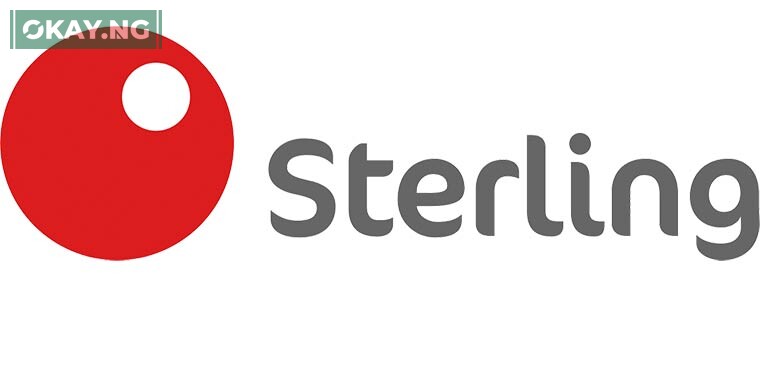In a landmark move that has sent ripples across Nigeria’s financial sector, Sterling Bank has become the first major institution to abolish all local digital transfer fees. Initially met with disbelief, the announcement, made on April 1st, was swiftly confirmed by the bank, dispelling any notions of it being an April Fools’ prank. This bold decision marks a significant shift in how Nigerian banks approach customer service and accessibility.
“We believe access to your own money shouldn’t come with a penalty,” stated Obinna Ukachukwu, Growth Executive leading the Consumer and Business Banking Directorate at Sterling Bank. “This is more than a financial decision; it’s a values-based one.”
The new policy ensures that Sterling Bank customers can now conduct all local digital transactions, specifically through the bank’s mobile app, without incurring any transfer fees. This initiative is poised to deliver substantial financial relief, particularly for individuals and small business owners who rely heavily on frequent digital transactions.
The impact of this policy cannot be overstated. For many Nigerians, particularly those in the informal sector or those who conduct numerous small transactions daily, the accumulation of transfer fees can significantly erode their earnings. By removing this financial burden, Sterling Bank is not only enhancing customer satisfaction but also promoting greater financial inclusion.
“We’re not yet the biggest bank in Nigeria, but we’ve been the boldest,” Ukachukwu emphasized. “Sterling fearlessly believes in the future of Nigeria, and this is us backing Nigerians with more than words.”
Read Also: GTBank Waives POS Fees for SMEs, Boosting Business Growth
Sterling Bank’s commitment to customer welfare is not a new phenomenon. The bank previously demonstrated its dedication by providing crucial financial support to healthcare workers during the COVID-19 pandemic. This latest initiative has garnered widespread public acclaim, with social media platforms buzzing with positive reactions and calls for other banks to emulate Sterling’s example.
This move has ignited a conversation about the role of banking fees in the digital age, and how banks can better serve their customers. I’ve observed that many customers frequently express frustration over transaction charges, and this decision by sterling bank addresses a significant pain point.
“We’re proud to lead this change,” Ukachukwu added. “We hope it inspires others to think differently about what customers truly need from their banks, not just in services, but in values.”
This policy from Sterling Bank is a clear demonstration of how a financial institution can align its business model with the needs of its customers, setting a new benchmark for the Nigerian banking industry. The implications of this move may well extend beyond Sterling Bank’s customer base, potentially prompting a broader industry-wide shift towards more customer-centric banking practices.












